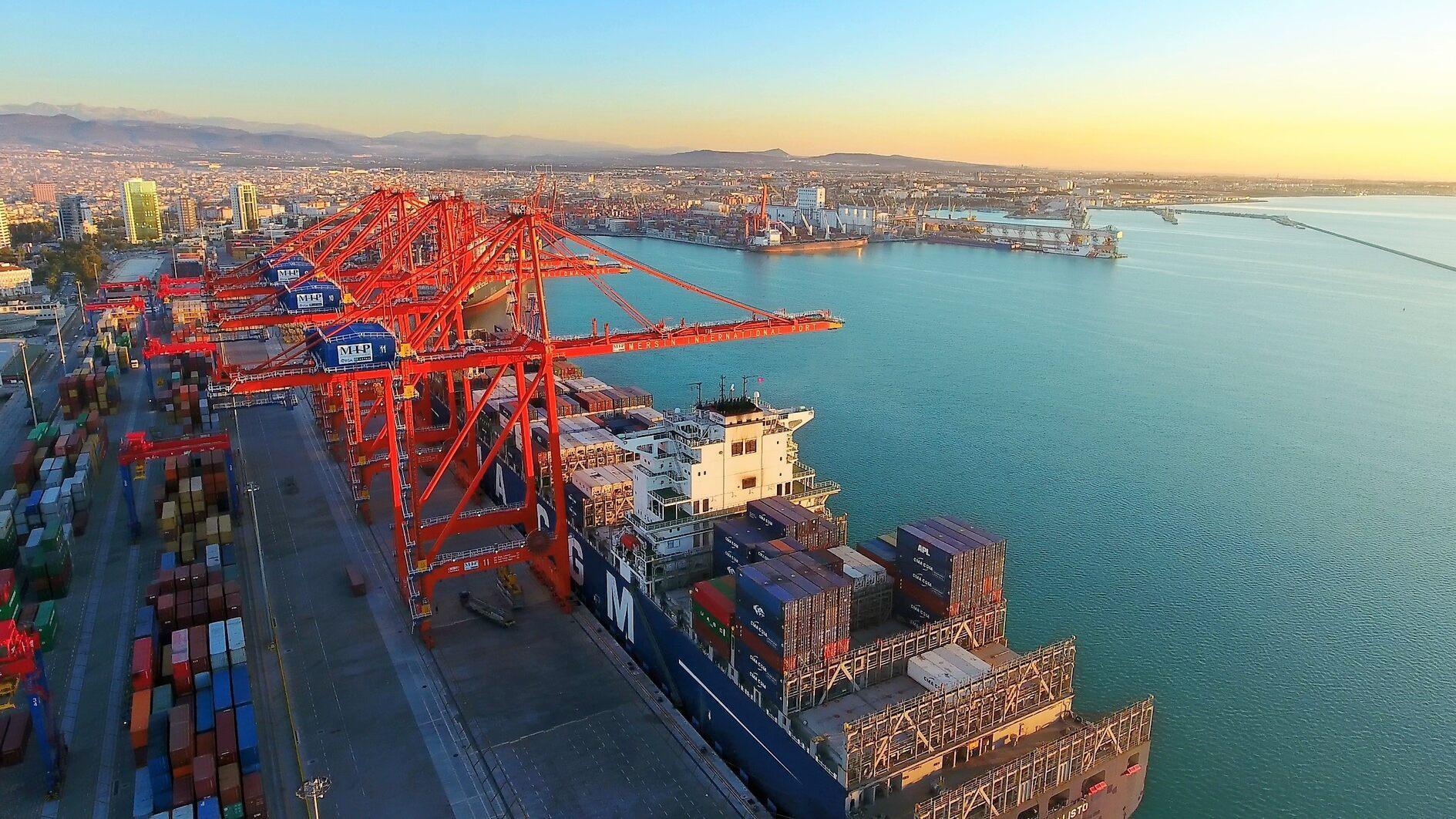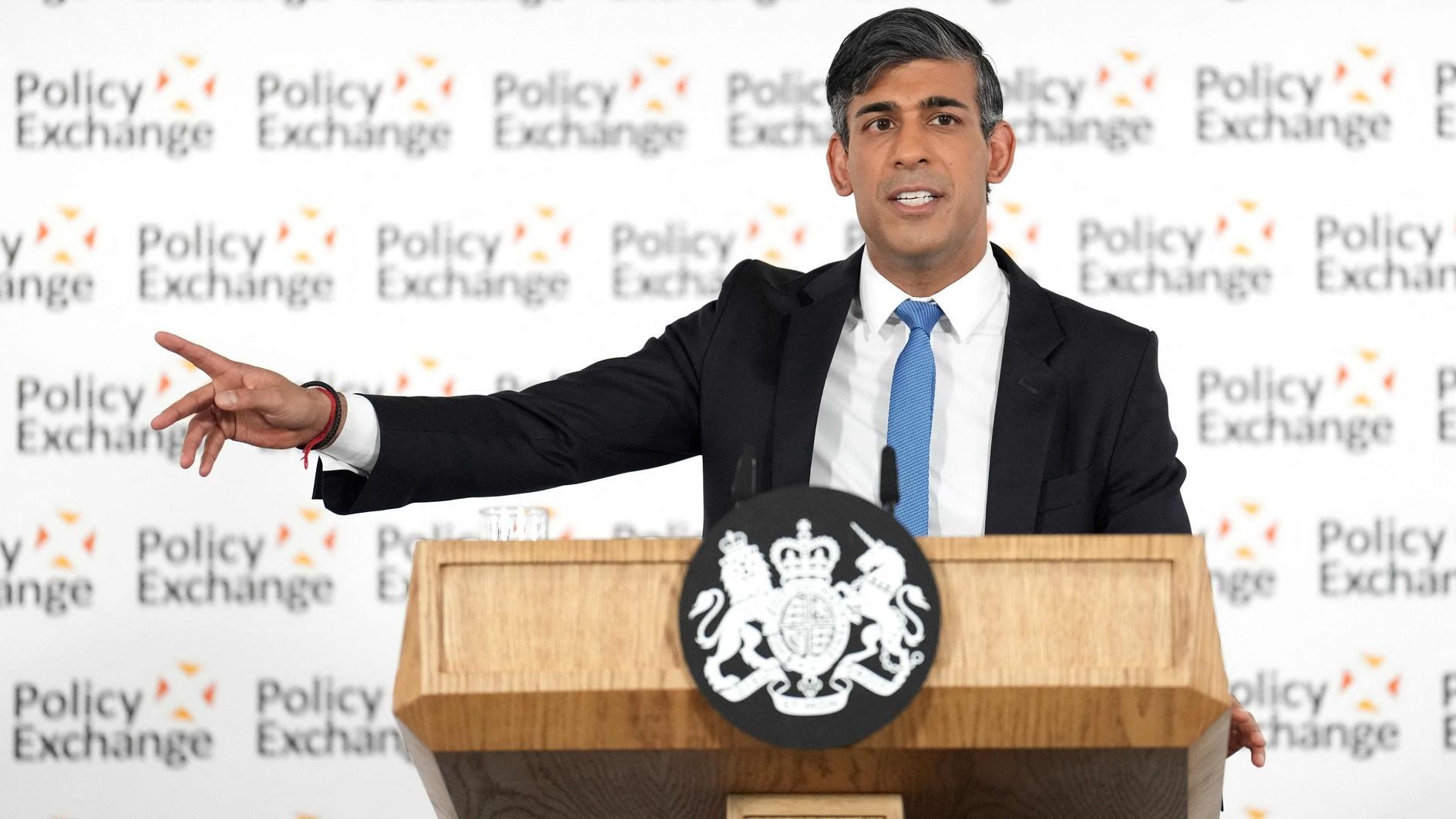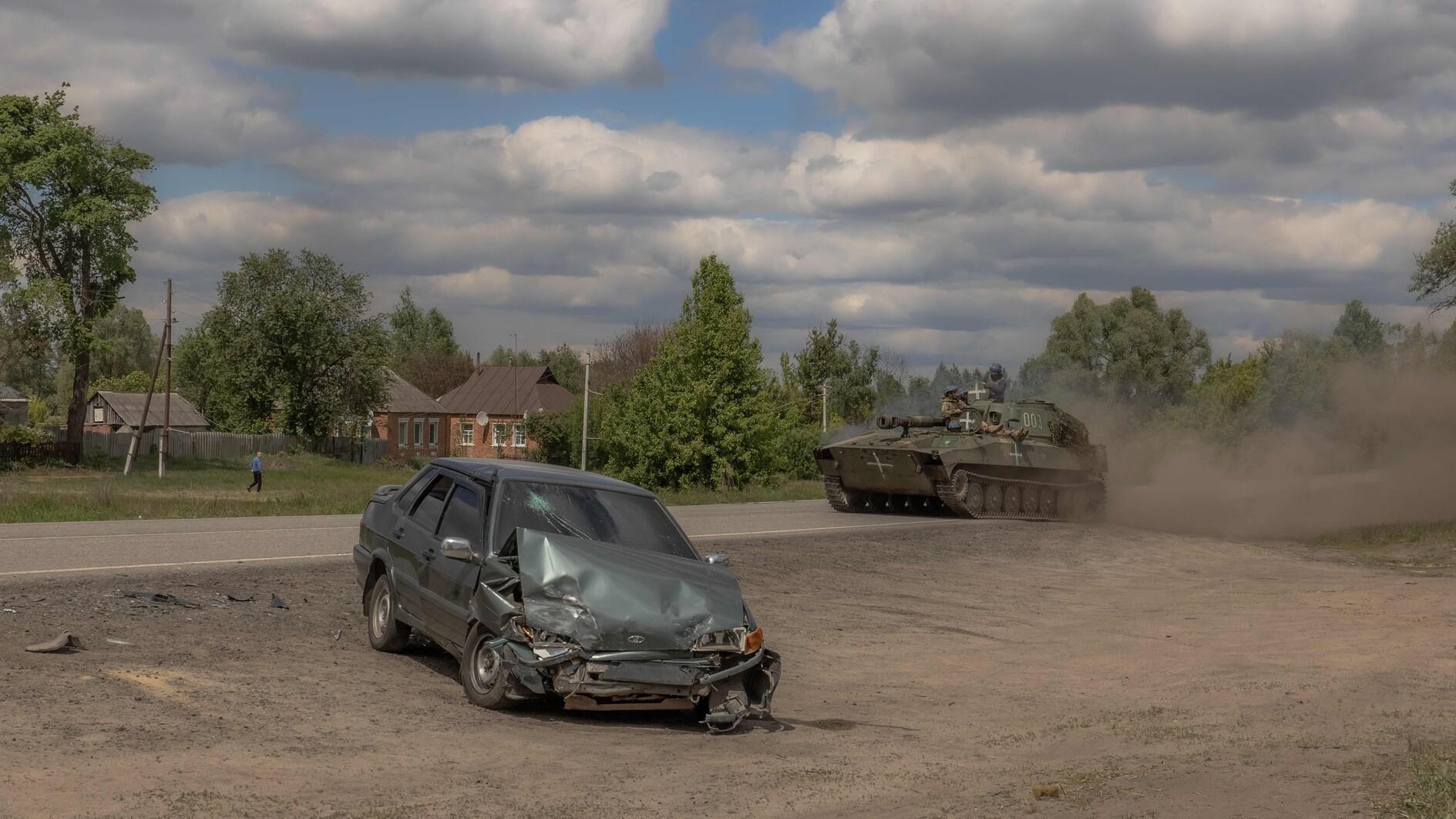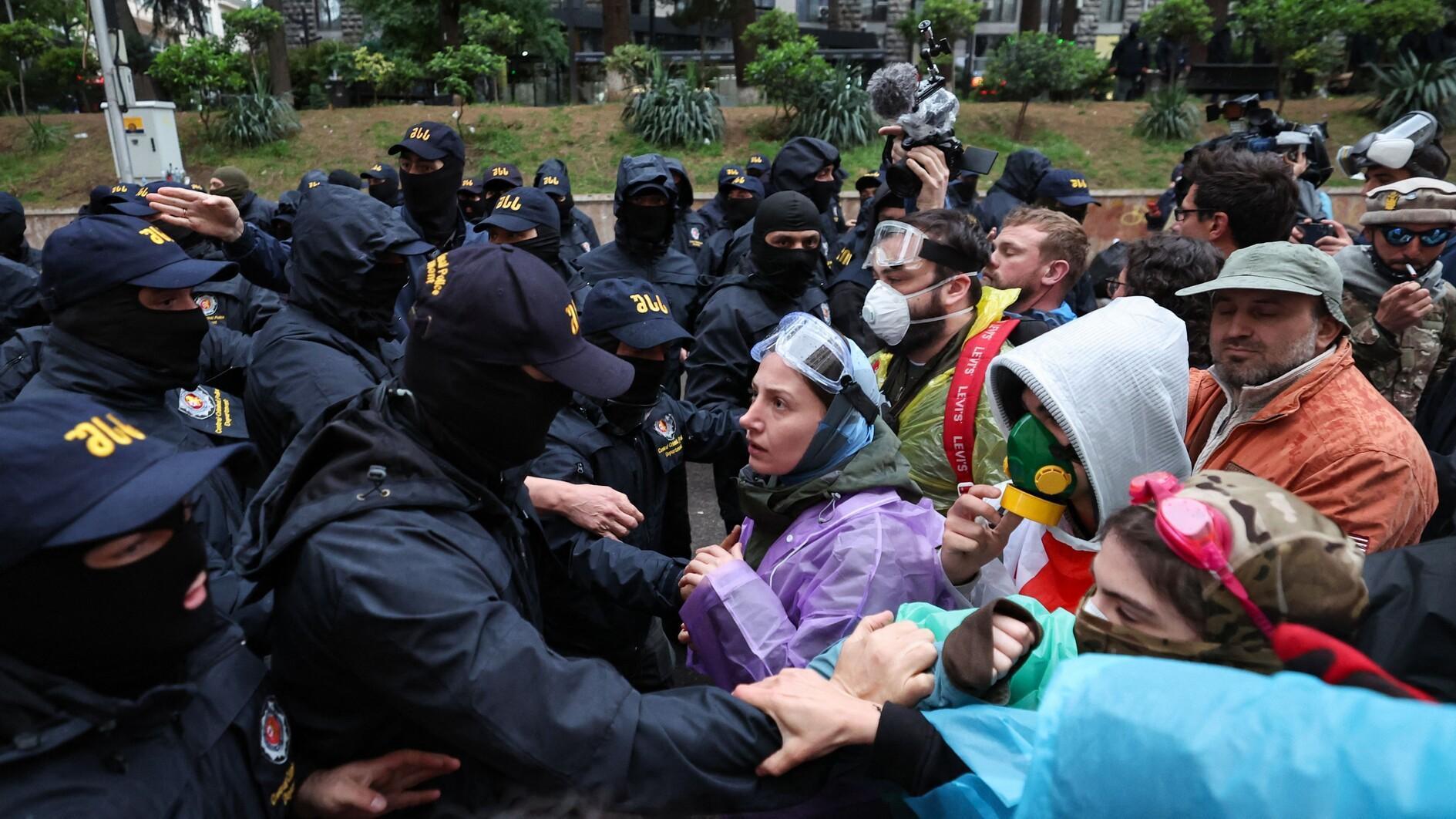How will Turkey respond?
SAMİ KOHEN
In his group meeting yesterday, Prime Minister Recep Tayyip Erdoğan repeated the words he said after Reyhanlı incident, indicating that Turkey would “eventually make the attackers pay the account for this.”As Ankara thinks the al-Assad regime backed the committers of this bomb attack, the expressions of the prime minister and other government authorities refer to the Damascus regime. In official statements, units from the Damascus regime and their extensions in Turkey were clearly accused and it was emphasized that Syrian opposition had nothing to do with the incident.
So, what kind of an action could be taken against the al-Assad regime? Certainly, the government is still reviewing various options.
It was a right attitude for the Prime Minister to indicate in his latest statements that it was required to stay calm and not to be trapped by the assailants, and one must abstain from any kind of impulsive act despite all the anger and indignation that the incident stirred. In these days, no one could expect Turkey to attempt a military intervention by itself to punish Damascus regime.
Ankara gets tougher
As the Reyhanlı incident took place just before Erdoğan’s Washington visit, Ankara is reviewing its options in a wider perspective. As a result of the Reyhanlı bomb attack, Ankara’s attitude toward Syria has become much tougher than before. The opinions, suggestions and demands that the prime minister will express to Obama are to reflect the effect of this new mood and stance.
In practical terms, it means that Ankara is ready to sacrifice al-Assad and wants his fall as soon as possible. To reach that goal, it is providing active support to the Syrian opposition and warriors, and wants its allies to take action while doing so.
Following the Reyhanlı incident, this view has become more definite. The government believes that it is required to bring al-Assad into line with the U.S. and other allied countries. This has many different ways, such as providing arms to opposition units or forming a no-fly zone in Syria.
So far, the Obama administration has abstained from getting involved in these issues. It did not even change this approach after the news reporting that the Syrian army had used chemical weapons. We will see how Obama will respond to Erdoğan’s demands with this regard.
Spot operation
It is evident that Turkey does not want to take military action against Syria by itself. We don’t think this attitude will change because of the Reyhanlı attack. However, it must prevent launching a spot operation aiming to “make them pay the account of this,” in the words of the prime minister.
The truths about Syria show that this problem cannot be resolved through military intervention. The power balances led by Russia would not allow a military intervention such as happened in Libya.
The latest diplomatic convergence between the U.S. and Russia created some hopes for a solution. With the joint attempt of these two countries, efforts will be exerted to form a consensus between the Damascus regime and the opposition in a new meeting held in Geneva. In this attempt, the main challenge will be to decide on whether the proposed transition period will include al-Assad or not.
Ankara, which has long been of the opinion that al-Assad must be excluded from the transition period, will be even more insistent on that condition due to the Reyhanlı incident.











